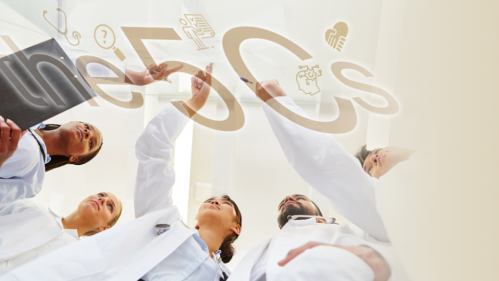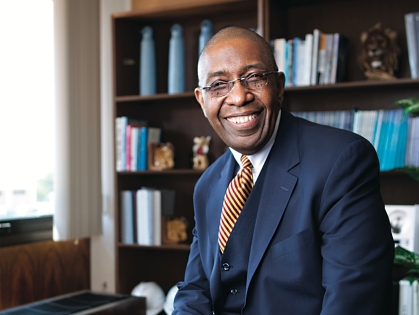
A Publication for Alumni & Friends of Rutgers Robert Wood Johnson Medical School

Message from Robert L. Johnson, MD, FAAP

Dear Friends,
Welcome to our latest all-digital issue of Robert Wood Johnson Medicine.
Since our last magazine, the COVID-19 global pandemic continued to descend on humanity with devastating effect, resulting in increased challenges and loss of life experienced by so many individuals and families across our state, our country, and the world. This past year has given us all new perspective and, with that, hope. In less than one year, basic and translational scientists produced efficacious vaccines, and physicians, nurses, and public health officials worked to distribute them across the country, saving countless lives. The medical school has contributed in significant ways to the efforts, facilitating approximately 200,000 COVID tests, performing tens of thousands of vaccinations in the community, conducting research that has helped provide greater clarity about the disease, as well as clinical trials leading to the Emergency Use Authorization of the vaccines and medication, and providing clinical care to COVID patients in the hospital, our ambulatory clinics, the Emergency Department, Chandler Health Center, and through the use of telemedicine.
Two of this issue’s features provide a small glimpse of the type of work we’ve been doing throughout—and in some cases, despite—the pandemic: tackling health disparities through a unique program to expand COVID testing in underserved communities, and developing a reformed, revitalized curriculum while facing the challenges of a remote, virtual environment.
Throughout the pandemic, the medical school has continued its important work in areas unrelated to COVID-19. For example, I invite you to learn more about the groundbreaking research under way by cognitive neurologist Dr. William Hu, which is identifying biomarkers to help diagnose Alzheimer’s disease early and potentially lead to effective treatments for the devastating condition. You’ll also learn more about how a personal connection and shared commitment to prevention and care of childhood diseases led to development of a trust that already has provided $500,000 in support for the Child Health Institute’s work in this area, as well as how one new graduate’s disability has been helping him connect with patients and been a driving force in his new career as a neuroscientist and neurologist.
As you review the pages of this site, I encourage you to reflect on the exciting work our faculty, students, and alumni are doing every day. I continue to be impressed by the many ways they are helping change lives for the better.
Robert L. Johnson, MD, FAAP
Interim Dean, Robert Wood Johnson Medical School
